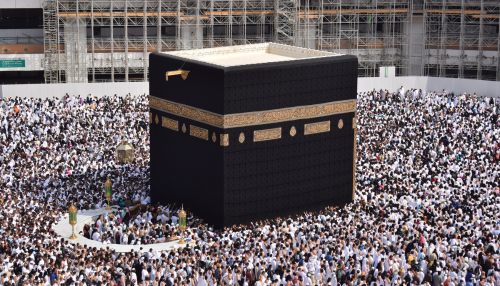Welcome to Understanding Islam
Discovering the Religion of Peace and Compassion

Discover
Discover key principles of Islamic faith, such as the belief in One God (Allah), the prophethood of Muhammad (peace be upon him), and the Holy Qur’an – the sacred text of Islam.

Connect
Connect with countless others who share your curiosity and passion for learning about the diverse Muslim community around the globe.

Inspire
Inspire social harmony and unity by breaking down barriers and misconceptions about Islam, promoting dialogue fostering understanding.
About us
Understanding Islam is an inclusive platform, dedicated to presenting the true essence and spirit of Islam. Our mission is to provide accurate, reliable, and unbiased information to people seeking to learn about Islam.
Latest news
- To put an end to alienating religiosity

- Michel Boujenah will not be clowning in Besançon, nor in Clermont-Ferrand: his shows have been canceled!

- Will your European candidates support Palestine? Will they defend international law? Vote for Palestine!

- Nearly 200 bodies discovered in mass grave at Khan Younis hospital in Gaza

- Desecrating a mosque is not a sign of “joy and pride”! Degrading it is not an opinion, it is an offense punishable by law

- Let's not allow Jean-Paul Delescaut to be condemned!

